Kidney stones four times more common in asthmatic children
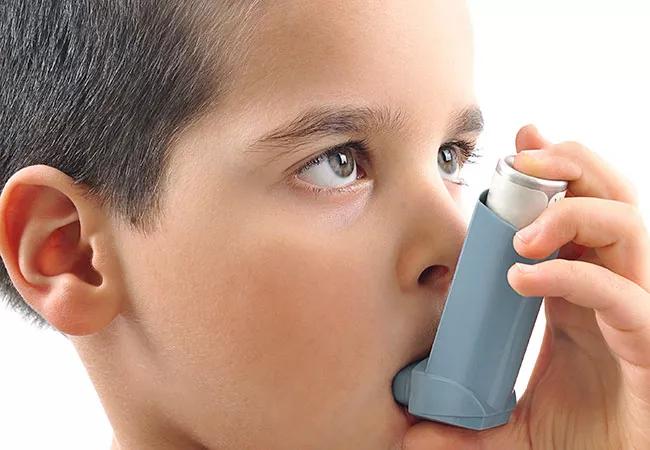
Nephrolithiasis is nearly four times more likely to occur in children with asthma and asthma is about four times more likely in children with nephrolithiasis, Cleveland Clinic researchers have determined.
Advertisement
Cleveland Clinic is a non-profit academic medical center. Advertising on our site helps support our mission. We do not endorse non-Cleveland Clinic products or services. Policy
Their study, published in PLOS ONE, is the first of its kind to report an association between pediatric asthma and nephrolithiasis.
“This study opens a window to understanding both asthma and kidney stones,” says study coauthor Serpil C. Erzurum, MD, Chair, Cleveland Clinic Lerner Research Institute. She notes that the rates of both diseases have been increasing in the past 20 years.
Researchers analyzed data from the Cleveland Clinic electronic health record system of 865 pediatric patients with nephrolithiasis from January 2000 and September 2014, which included 142 patients diagnosed with asthma. The population included patients between 6 months and 18 years of age. Medications, age, gender, race and BMI were obtained from the medical record. For those with kidney stones, results from a 24-hour urine profile were included in the analysis. A BMI-, age-, gender-matched cohort of asthma-only patients was extracted for comparative analysis.
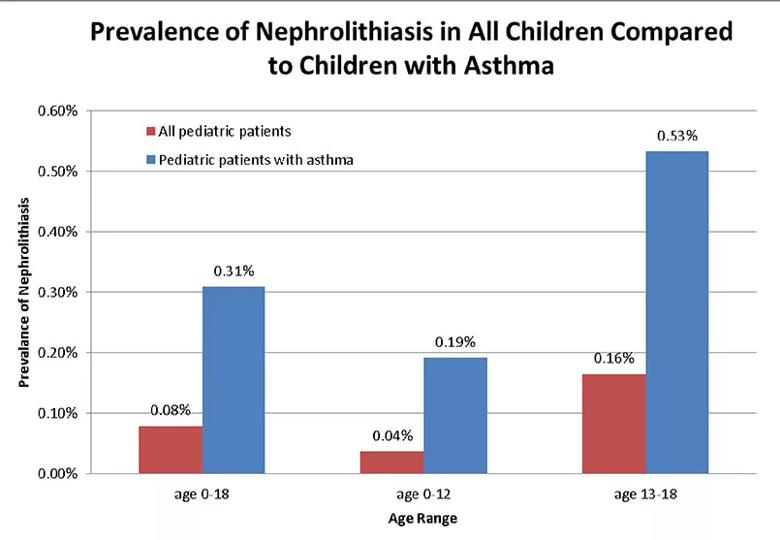
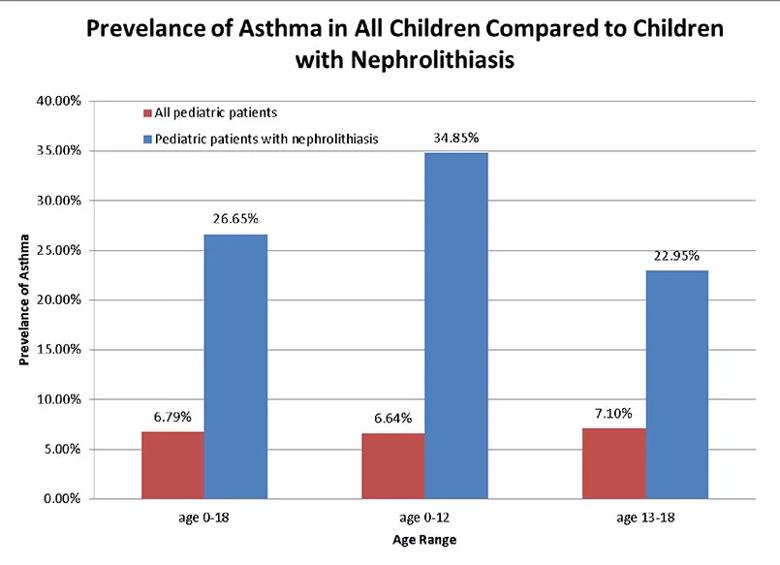
Charts reprinted from Kartha et al, PLOS One, 2017.
The prevalence of nephrolithiasis among non-asthmatic children was 0.08 percent, compared to 0.31 percent in the asthmatic population. The prevalence of asthma was 6.8 percent in the general pediatric population versus 26.7 percent in pediatric patients with kidney stones.
“We determined that even children with very mild asthma have a much higher risk of kidney stones,” Dr. Erzurum points out. “And our findings were independent of a patient’s height, weight, gender, asthma severity or medication use. The risk of kidney stones was purely related to having asthma.”
Advertisement
Kidney stones were first described around 3200 B.C., yet clinicians still have only a rudimentary understanding of their etiology.
“Traditional thinking is that nephrolithiasis results from abnormalities in the urine, and if you correct these through diet or medications, you decrease chances of developing stones,” says study coauthor Manoj Monga, MD, Director, Stevan B. Streem Center for Endourology & Stone Disease. “However, our study showed that kidney stones formed in children independently of any differences in the urine. There’s something else going on.”
Inflammation is one cause posited by researchers. Another possibility is a defect in the respiratory tract epithelium that is mimicked in the urinary tract and related to ion channels and transport. “Kidneys and lungs during development arise from similar cells, so that the kidney tubules are very similar to the airways in terms of molecular functions,” Dr. Erzurum points out.
The high incidence of kidney stones observed in children with cystic fibrosis (CF) was one prompt for this study. “We wondered if children with asthma-related breathing problems might have higher rates of kidney stones too. The answer is yes.” (This study excluded children with CF.)
Kidney stones remain rare in children with asthma, occurring in only about 1 percent, so screening is not recommended for asthmatic youngsters. However, Dr. Monga emphasizes that knowing a child faces increased risk for kidney stones can help parents and clinicians take preventive measures.
Advertisement
Dr. Monga recommends that clinicians advise parents of asthmatic children to limit their child’s salt intake, encourage intake of fruits and vegetables and increase fluids, making sure children drink plenty of water throughout the day.
Pediatricians should also encourage parents and patients to adhere to the child’s asthma management plan.
At the same time, clinicians should remain vigilant for signs and symptoms of kidney stones. “If a child with asthma has symptoms of side or back pain,” Dr. Erzurum notes. “A kidney stone is something to consider.”
This study serves as a catalyst for further research to identify the causative link between pediatric asthma and kidney stones, says Dr. Erzurum, adding, “This is just the beginning.”
Advertisement
Advertisement

Systemic change needed to improve health outcomes for parents and children, say researchers
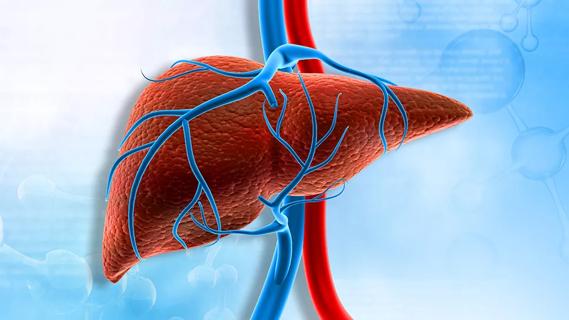
Rare genetic variant protected siblings against seizures and severe hypoglycemia
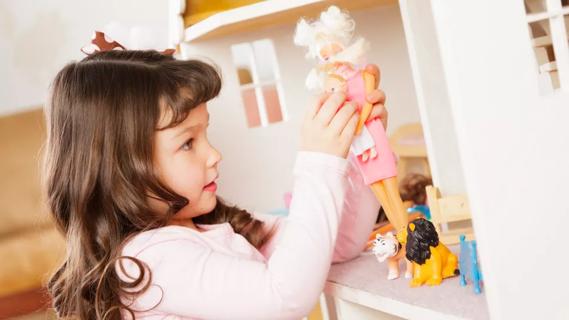
Movie has more positive impact than expected, says Head of Adolescent Medicine
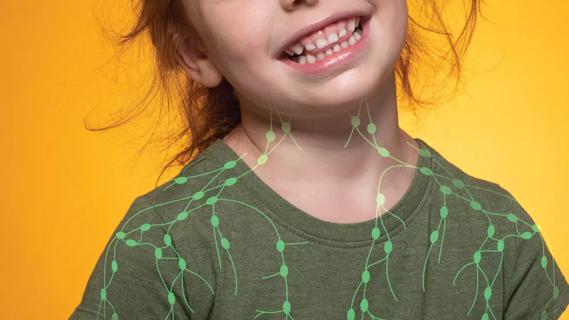
Genetic changes are similar between some vascular anomalies and cancers

Expert panel advises a two-tier structure for surgical centers

Our new head of pediatric general and thoracic surgery shares his passion and vision

Basic understanding of condition and treatment is lacking